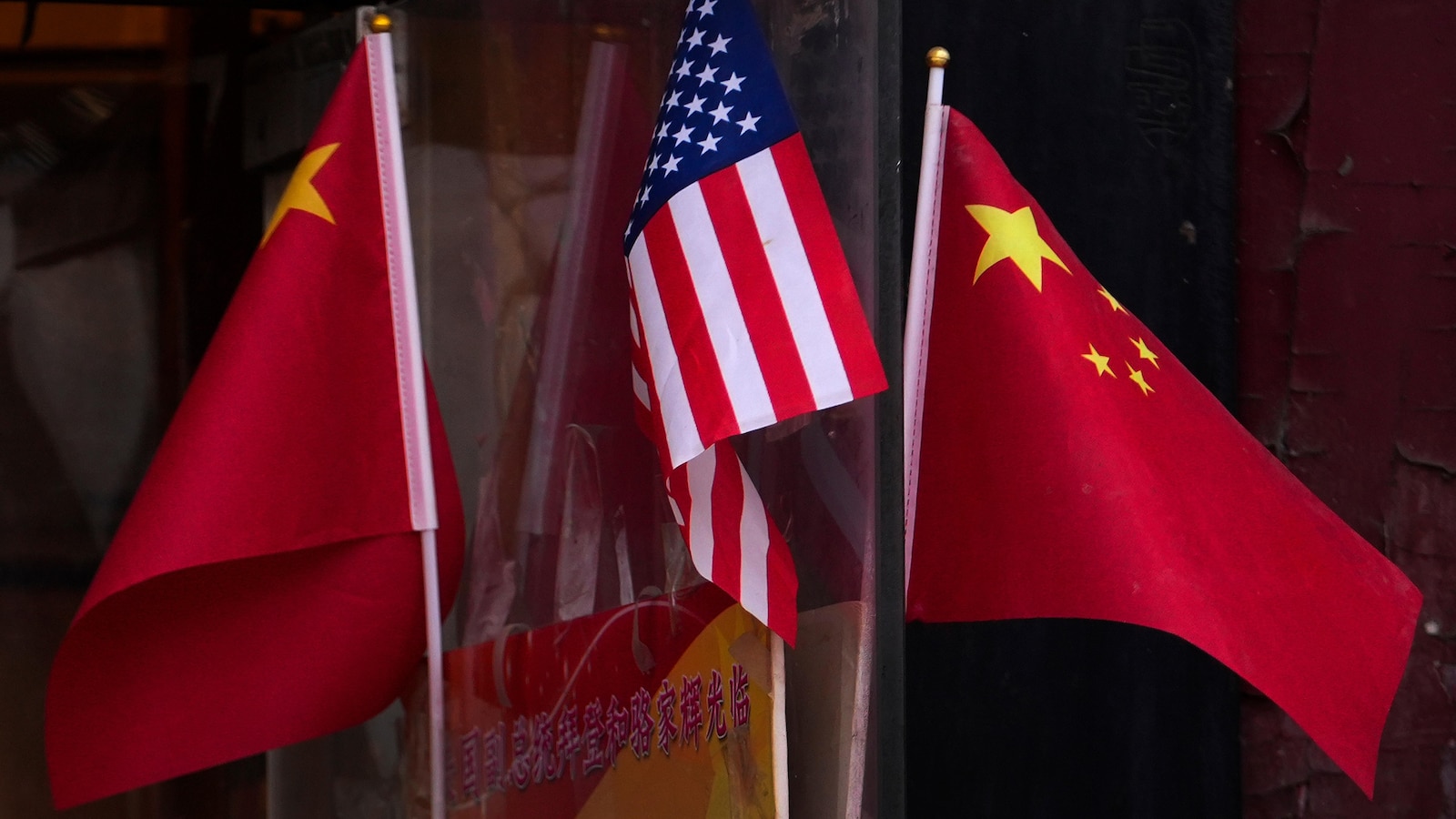BEIJING — China countered President Donald Trump’s tariffs on Chinese products with tariffs of its own on multiple U.S. imports Tuesday as well as announcing an antitrust investigation into Google and other trade measures.
China said it would implement a 15% tariff on coal and liquefied natural gas products as well as a 10% tariff on crude oil, agricultural machinery and large-engine cars imported from the U.S. The tariffs would take effect next Monday.
“The US’s unilateral tariff increase seriously violates the rules of the World Trade Organization,” the statement from a Ministry of Finance office said. “It is not only unhelpful in solving its own problems, but also damages normal economic and trade cooperation between China and the US.”
In addition, China’s State Administration for Market Regulation said Tuesday it is investigating Google on suspicion of violating antitrust laws. The announcement didn’t mention the tariffs but came just minutes after Trump’s 10% tariffs on China were to take effect.
U.S. tariffs on products from Canada and Mexico also were to go into effect Tuesday, though Trump agreed to a 30-day pause on his threats against Mexico and Canada as they acted to appease his concerns about border security and drug trafficking. Trump planned to talk with Chinese President Xi Jinping in the next few days.
In addition to the tariffs, China announced export controls on several elements critical to the production of modern high-tech products. They include tungsten, tellurium, bismuth, molybdenum and indium, many of which are designated as critical minerals by the U.S. Geological Survey, meaning they are essential to U.S. economic or national security that have supply chains vulnerable to disruption.
The export controls are in addition to ones China placed in December on key elements such as gallium used in manufacturing.
The Commerce Ministry also placed two American companies on an unreliable entities list: PVH Group, which owns Calvin Klein and Tommy Hilfiger, and Illumina, which is a biotechnology company with offices in China. The listing bars them from engaging in China-related import or export activities and from making new investments in the country.
___
Wu reported from Bangkok.
